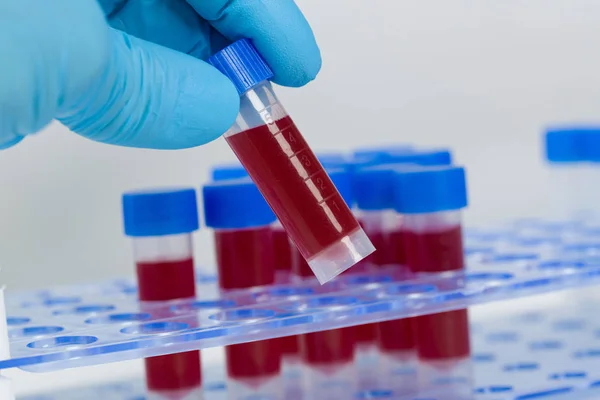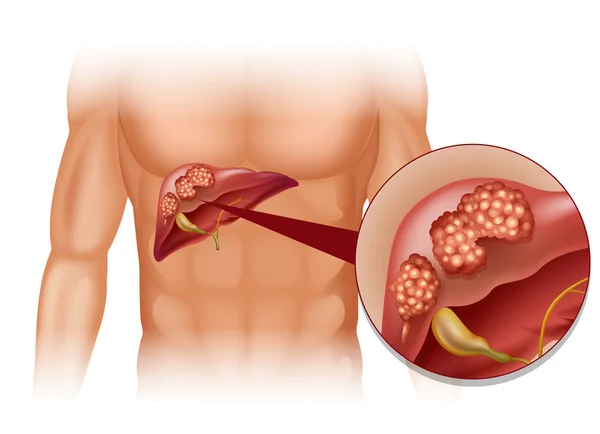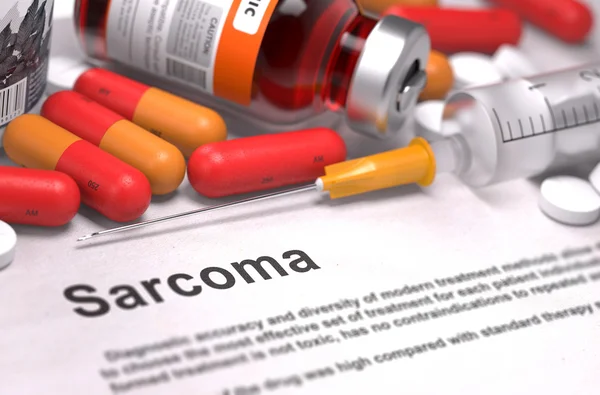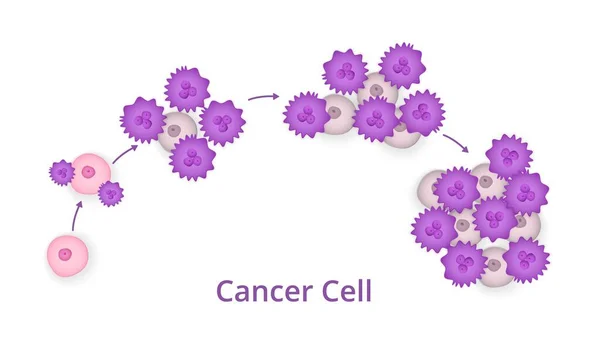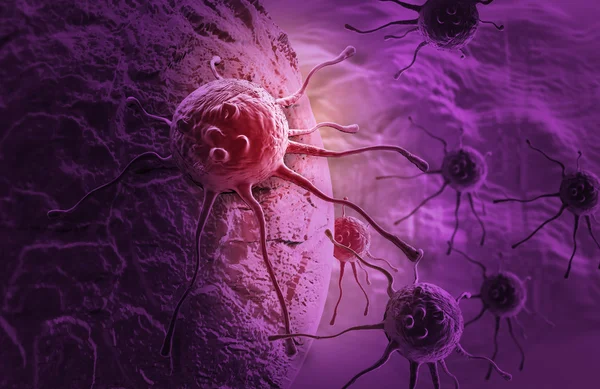
Rectal cancer, a significant public health concern, originates from malignant cell growth in the rectum, the terminal section of the large intestine. Typical symptoms can be subtle: rectal bleeding, alterations in bowel habits, and general discomfort in the lower areas. An increased risk is associated with certain genetic predispositions, such as a family history of rectal cancer or inherited syndromes, making understanding individual risk factors crucial for early detection.
Epidemiology
Rectal cancer often begins as polyps, benign growths that can evolve into malignant tumors over a span of 10 to 15 years. Early detection through regular screening protocols is vital for identifying these polyps before they progress to cancer. The prognosis for rectal cancer improves significantly with timely intervention, including the surgical excision of localized tumors.
This form of cancer ranks as the third most common gastrointestinal malignancy, trailing only colon and pancreatic cancer. According to projections, approximately 46,200 individuals in the United States are expected to receive a rectal cancer diagnosis in 2024.
Common Symptoms of Rectal Cancer
Rectal cancer can be asymptomatic for extended periods, with many individuals unaware of the disease until it reaches a more advanced stage. Key symptoms to be aware of include:
- Rectal bleeding
- Changes in bowel habits (diarrhea or constipation)
- Narrowing of stool
- Unexplained weight loss
- Fatigue and weakness
Risk Factors for Rectal Cancer
The precise cause of rectal cancer remains elusive; however, several risk factors have been identified:
- advancing age (with the average diagnosis occurring at 63),
- a family history of the disease, certain chronic conditions like inflammatory bowel disease,
- dietary influences (ex. high consumption of processed meat)
- unhealthy lifestyle choices (ex. obesity and tobacco use)
- Epidemiological studies indicate a higher incidence rate among Black individuals, although the underlying reasons require further investigation.
Diagnosis Rectal Cancer
The diagnostic process for rectal cancer begins with routine screenings, which may encompass digital rectal examinations (DRE) and colonoscopies. Should abnormalities be detected, tissue biopsies are conducted to confirm malignancy.
Additional tests may consist of blood evaluations (ex. complete blood count and tumor marker assessments) and imaging studies (CT and MRI scans) to assess the spread of cancer throughout the body.
The cancer staging system classifies rectal cancer into five stages, ranging from localized growth to metastatic disease.
Treatments for Rectal Cancer
Treatment modalities for rectal cancer are tailored to individual cases and can employ a multi-faceted approach. Surgical options vary depending on the tumor’s size and location:
- Transanal Endoscopic Microsurgery (TEMS): Ideal for smaller tumors,
- Low Anterior Resection (LAR): For larger tumors, removing part or all of the rectum,
- Abdominoperineal Resection (APR): Necessary for tumors located near the anus, often involving a colostomy.
Complementary treatments may consist of chemotherapy, radiation therapy, immunotherapy, and targeted therapies. It is essential to note that these interventions can lead to side effects, warranting the consideration of palliative care to enhance the quality of life and address comfort during treatment.
Clinical Trials and Ongoing Research
Participation in clinical trials can afford patients access to innovative therapies and contribute to the broader understanding of rectal cancer treatment. Individuals should discuss the option of clinical trials with their healthcare providers to explore potential benefits.
Prevention Strategies
While it is not always possible to prevent rectal cancer, specific lifestyle modifications can significantly reduce risk factors. Recommended prevention strategies for rectal cancer include maintaining a healthy weight, engaging in regular physical activity, adhering to a balanced diet rich in fruits, vegetables, and whole grains, avoiding processed meats, limiting alcohol consumption, and refraining from tobacco use.
Routine screenings, particularly for individuals aged 45 and older, are paramount for early detection and intervention. Patients should engage in discussions with healthcare providers to determine personalized screening schedules based on their health history and risk factors. This proactive approach is crucial to improving outcomes and reducing the incidence of rectal cancer.
Survival Rates
Survival rates for rectal cancer are influenced by multiple factors, particularly the stage of diagnosis and the patient’s overall health. For rectal cancer diagnosed at a localized stage, where the cancer is confined to the rectum, the five-year survival rate is approximately 90%. If the cancer has spread to nearby lymph nodes, the five-year survival rate decreases to around 71%. For cases where the cancer has metastasized to distant organs, the five-year survival rate drops further to about 15%. These statistics highlight the importance of early detection and treatment in improving outcomes for rectal cancer patients.

